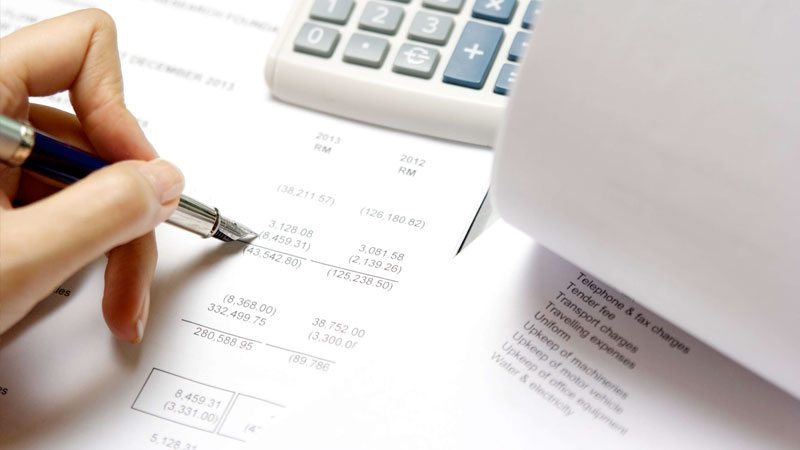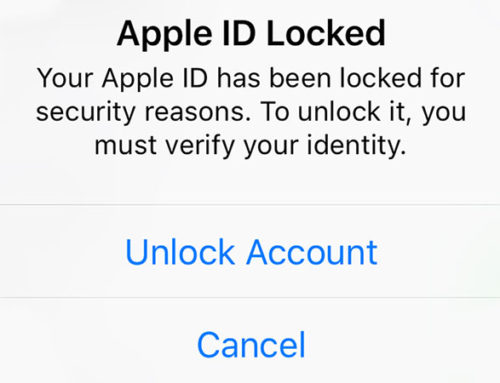 Tax is an important part of being in business. Getting the right information and advice and setting up the right systems from the start will help your business meet its obligations.
Tax is an important part of being in business. Getting the right information and advice and setting up the right systems from the start will help your business meet its obligations.
Basic Business Tax Rules
Businesses in New Zealand must follow certain tax laws. We also discuss some of these in our Government section and recommend you read the outline of the taxation system provided in the Government section before proceeding with this section.
There are a number of taxes that businesses will or may be involved with. For all of these taxes your business will need to :
- Have an Inland Revenue (IRD) number
- Complete and send various tax return forms to Inland Revenue each year
- Make a number of tax payments each year
- Keep sufficient records, in English, so you can complete the various tax returns and calculate any taxes to pay or to be refunded to you.
You may also need to:
- Charge Goods and Services Tax (GST) to your business’s customers
- Deduct tax at source from anyone your business employs in New Zealand
Your IRD Number
If you already have an IRD number for non-business income and you are a sole trader, you use the same number for your business. You would also use this number if, as a sole trader, you need to register either for GST or as an employer.
If you are going to operate your business as a company, partnership or trust, you will need to get a separate IRD number.
Income Tax
You will need to complete an income tax return each tax year. The tax year for most businesses is 1 April to 31 March. As a New Zealand resident you will be taxed on your worldwide income. When you complete a tax return, you must include eyour income from all sources (including that from overseas).
If you are operating your business as a company, partnership or trust, you will need to file a separate tax return for your business.
Income tax is payable on the net profit from your business, which is the income earned less any business expenses.
Some expenses that can be deducted from the income are:
- Rent, rates, power and phone costs for the business premises
- Purchases of raw materials or trading stock
- Business vehicle and transport costs
- Wages paid to employees
- Stationery and supplies for the business
However, certain types of deductions are not permitted. These include deductions from your business income for personal expenses and/or money drawn as personal remuneration.
Paying Income Tax
Income tax rates can vary from time to time. There are rebates available to sole traders and partners in a partnership that reduce the tax rates if their income is under NZ$38,000.
A business usually needs to pay income tax through the year in three installments (known as Provisional Tax). When you send in your tax return, you pay or receive the difference between what you have already paid in provisional tax and the actual tax payable for the year.
Goods and Services Tax (GST)
GST is New Zealands form of indirect value-added tax. It is a tax on the goods and services provided by a GST-registered person in their business. It is charged at a rate of 15% to the person (including other businesses) who buys the goods or services. It is not a tax on the business.
Anyone with a business turnover of NZ$60,000 or more (excluding GST) must register for and charge GST. Registration in optional if the annual turnover is less than NZ$60,000. When registered, the business completes regular GST returns (every one, two or six months) and pays or receives the difference between the GST charged and GST paid on business expenses. If a business is not registered for GST, it cannot charge or claim back GST.
Some goods and services, such as rent from domestic accommodation and income from financial services, are exempt from GST.
Employing People
Your business is an employer if it:
- Hires someone to work as part of your business
- Controls the way in which the person works
- Supplies any equipment for that person to use when working for you
Your business will need to register with Inland Revenue as an employer and make pay-as-you-earn (PAYE) and other deductions (such as student loan repayments) from its employee’s wages each pay day.
Each month your business lets Inland Revenue know who its employees are, how much they earned and what was deducted from their wages, and pays those deductions to Inland Revenue. Your business will also need to keep wages records, such as a wage book.






Leave A Comment